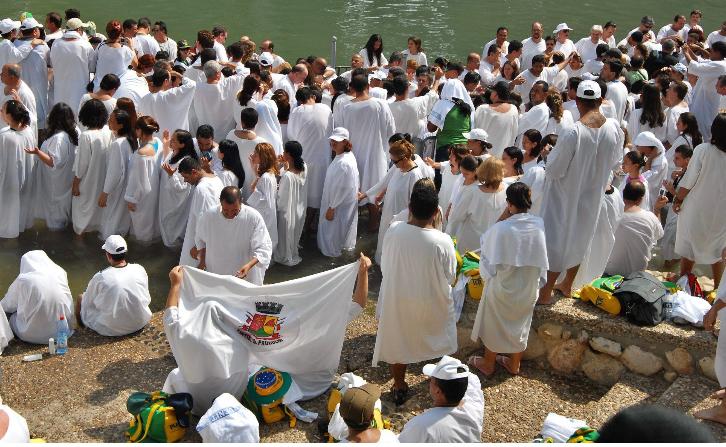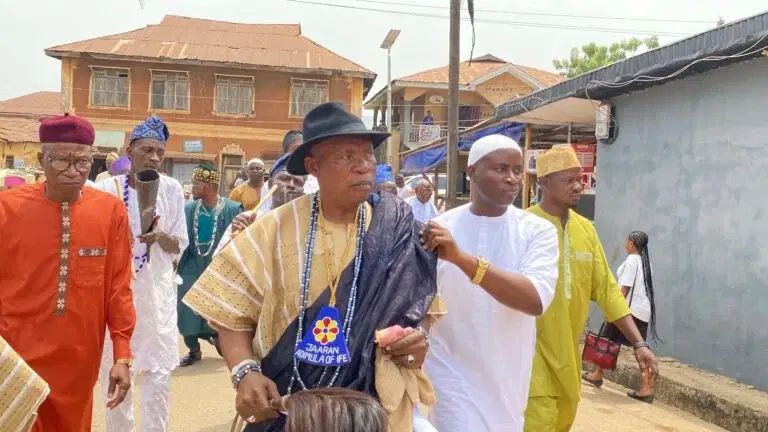24 Hours with Herdsmen (ii)
GBUBEMI GOD’S COVENANT SNR concludes his narrative on the Fulani herdsman’s wife in managing the family’s health, finances, her pregnancy and childbirth amongst others.
Health emergency Although health emergency may be considered rare when you talk of a people whose life is surrounded by healing plants and herbs, Jubril is convinced if they had access to medical care when his infant sisters were born in the bush, the babies would be alive today. “We are taught to drink the urine of the cows, especially that of the female cows directly as it is urinating and it is believed to be very potent against disease-causing microbes, malaria parasites etc.”
But if and when such emergency occurs, Alhaji Kolo said the solution can be difficult.
“If they have serious health condition which medicines within their reach cannot manage, the herdsman will locate the nearest town or village where there is dispensary or government hospital; they will camp near the place and the man or wife will take the sick person to be treated properly, but I admit sometimes they may not find one, depending on how far they are from the nearest village, and the village may not even be near to any healthcare centre.
“The cows and the rest of the family will camp near the village or even in the village so long as there are places the cows can graze without offending the host community.”
While treating the sick, the wife or wives prepare the cow milk into furadenono which they sell at the local market; sometimes the woman would have gathered a good stock of fresh medicinal herbs, roots or tree backs known to the community women. There she sells for cash, then buys things they need to augment what she has in the camp and also save money. The Fulani woman is a economist.
Pregnancy in the bush Now, the Fulani wife, when she is pregnant, and is about to put to bed, the husband knows, and the woman knows. After delivery, the mother and infant child would be put on a donkey which is always a part of the herd, and the family continues migration, but the nursing mother and child move at their own pace, about some hundred meters behind the herd.
But when the nursing mother cannot go with them as it happens sometimes, the herd and the rest of the family would leave them behind, but the herdsman would leave a pony and two cows, a female and a male with the nursing mother and her child.
The nursing mother is required as a tradition to sell one of the cows and use the money to buy things convenient for the new born.
Before they leave the pregnant or nursing mother, the herdsman will speak to the male cow, ‘meet us at so and so town along this path’ and the cow will understand, Abdul told Daily Times.
And when the woman and baby are ready to move, the cow will put its snout close to the ground and follow the smell of the footprints all the way until it locates the herd; it is said that it can never miss the tracks.
“One of the things that help the cow to follow the track is the cow dung and the urine; both smells are so distinct that the tracking cow cannot miss its way,” Daily Times learnt.

Food stock
The mobile Fulani family has healthy stock of food in the live stock with them besides carrying some raw foods like soya beans, corn, millet, and so on.
The women usually milk the cows daily, make fresh fura and sell at the local markets. After they sell, they buy needed stuff to make food for the family.
Communication
It is thought that there must be something strange in the way herdsmen communicate with the animals, but the herdsman debunked that. “The cows, the donkeys and us understand each other; they hear when we speak and we sense their moods and body movement. It is the same with anyone raising or breeding dogs; the pets will hear instructions, and communication between them is always normal and natural. There is no charm involved. From the time I was born, I understood their every move and thoughts and they hear when we direct and instruct them.
“That is why a cow can lead the woman left behind after childbirth to meet the family; it might take weeks, sometimes months but they will be reunited because when the woman delivers in the bush, the cows also know what will follow.”
The story was told to Daily Times of a case when some policemen in one of the Northern states intercepted and seized a trailer load of cows suspected to have been stolen. The policemen made an announcement on the radio that the owner of the cows should come to the station with proof of ownership.
The herdsman who heard the news eventually showed up at the station and was asked for proof of ownership. He said, ‘take me to the cows, I will show you.’
When they got to the trailer, the Fulani man climbed up, and called one of the cows by name and spoke to it; the cow struggled forward and came down after the Fulani man. Other cows got up too and followed the first cow and in minutes, all the cows came down and the Fulani man stood in their midst. “You see?
I know my cows, and my cows know me. I hear my cows, and my cows hear me.” He headed for the bush and all the cows followed him.
Future of Fulani children The boys grow up studying and imitating whatever the father does. Always with his small sonda behind his neck, he is learning the ways of his father and family, and when he becomes a man, he may branch out and raise his own family, or he will take over from the father when the old man can no longer continue.
But for the Fulani girl, Alhaji Kolo, with a shrug, said she has no future. “She cannot do anything; there is no going to school, she will continue with the family from place to place, learn how to cook and manage the woman’s part of the herd’s family as she is growing up.
“Then when she is of age, she will marry inside the bush into another herd’s family and continue her life there as she has seen her mother do; and so also her daughters will continue after her.
That is the life of the Fulani girl.” Abdul, who had two female siblings before he lost them, explains the tie that guides the girls into their future. Exposure of the Fulani girl child born and raised in the bush is very limited, usually tied to the mother-father-siblingcows relationship.
Anytime they have to go to their host community either to sell their milk or hawk their herbal medicines, they always stick together; not that they are intimidated, but they feel safer in the close-knit bond as peculiar people.
“As for her future, the Fulani girl doesn’t have much of a variety to make a choice. She has no ambition, so as it is with her mother, so she expects it to be with her. Whenever you find the young ones milking the cow, plucking some leaf, or the boys watching out or inspecting the cows, they are rehearsing for their tomorrow.”
Marriage in the bush Kolo who had witnessed many of such marriages in the beginning
of his business, gave a summary:
“When a Fulani girl is going to marry; the two families will agree on a date. They will set up their camps near a village because they have to buy things they will give to the maiden. After buying everything, they will do the marriage in the bush, and after that, she follows her husband and continues her life there.”
Bride price?
Dowry depends on the capacity of the herdsman. If he has up to 50 cows, he can give 10 as dowry or as they agree; the father of the girl too will give some cows to his daughter as her own contribution to her new husband.
Except they are not pastoral Fulani, if it is those few who just sell their cows and live in the city, then their children can go to school and learn whatever they want to become, but for the pastoral Fulani, life begins and ends with the cow.
Almost all Pastoral Fulani family members wear amulets; even now, Jubril still wears a leather bound amulet around his waist and neck. What is the history behind this?
Chairman Kolo of the Kara Cattle Market told Daily Times it is a tradition with Fulani families. Fulani baby girls are given amulets for fertility as soon as they can walk and the boys wear theirs for virility. In all my life I have never seen a barren or impotent or sterile Fulani. It is the responsibility of the Fulani wife to ensure the fertility of the children.
Place of the donkey Traditionally, the donkey is the herdsman’s time keeper. The burden-bearer bleats out the hour all round the clock, naturally. The sound, like the blast from a horn, is inherent in the pony’s nature; Abdul said he had wondered as a child if God gave the donkey that ability just because of the Fulani migrants. The male cock too does that, but not as consistently and accurately as the donkey.
Daily Times also gathered that the donkey’s mouth emits fire when it bleats; and that the fire can be seen at night hours when the pony bleats out the hour, but that could not be verified. These are the sum total of the Fulani herdsman’s family and business life. It has been since animal husbandry became a trade, and for as long as earth life continues, this culture and lifestyle are unlikely to change, especially when they are continually separated from Western technologies, vogues and influences, and there is no peer pressure to challenge the thinking of the younger generation. On a final note, Daily Times asked why the core Fulani must be a herdsman.
“There is a strong connection between the Fulani and cattle. It is proof and identity of core Fulani ethnicity”, Jubril said with feelings. “If you don’t inherit cows from your parents to start with, the wife or wives you will marry will come with cows given them by their families, so whichever way, you cannot remove the Fulani from cattle. The cattle is their life and I don’t think anything can change that.”








